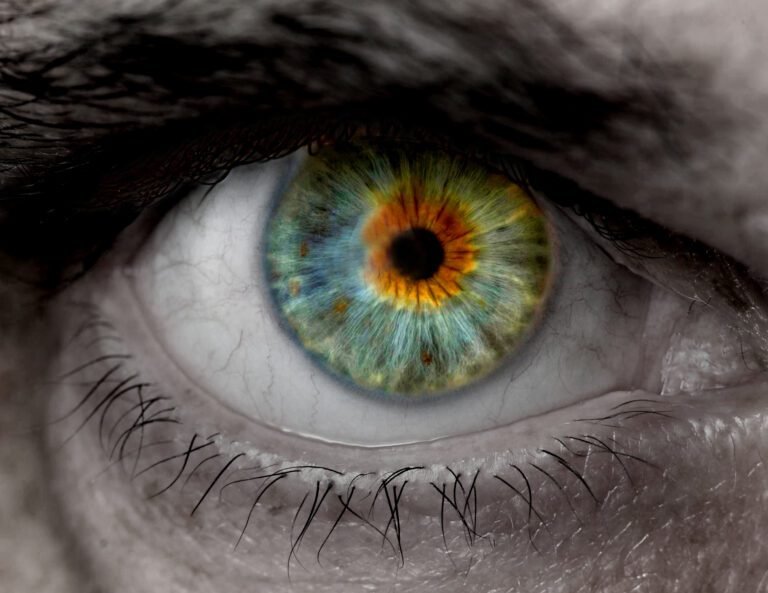Do you find that you’re having more and more difficulty seeing objects close up or that you can’t read as easily as you used to? If so, you may be worried that your eyesight is deteriorating or that you have some type of eye disease that could progress to a total vision loss.
Fortunately, most people who begin noticing these changes in their late 30s or early 40s are simply experiencing presbyopia, also known as age-related near vision loss. This is a very common condition and is not something to be concerned about. However, it’s also not something you need to just live with as there are ways to improve your near vision as you age.
Here is more information on what presbyopia is, the treatments for presbyopia, and how to treat the right presbyopia treatment for your needs.
What is Presbyopia?
Presbyopia is simply age-related near vision loss and it occurs as the eye ages and the lenses lose flexibility. When this happens, the eye is unable to focus as well as it used to and this leads to near vision blurriness when trying to perform tasks like reading or focusing on objects that are close to your face. Symptoms of presbyopia include headaches, difficulty seeing in dim lighting, blurred vision when reading or using devices, and eye strain and fatigue. In most cases, presbyopia starts to develop around the age of 40 and gradually gets worse over time. The rate of decline varies depending on the person.
What are Treatments for Presbyopia?
Fortunately, presbyopia treatment is available and there are a variety of options available. Treatments include using reading glasses, getting multi-focal contact lenses, getting laser vision correction surgery, and using prescription eye drops. The presbyopia treatment of eye drops is one of the newest solutions for near vision loss and involves using prescription drops like Vizz to temporarily constrict the pupil and increase the depth of focus. Eye drops can be administered once per day and last for eight hours or more with minimal side effects and no negative effect on distance vision.
Knowing Which Treatment is Right for You
When deciding which presbyopia treatment is right for you, it’s important to consider your individual preferences and lifestyle. For example, are you comfortable with carrying reading glasses or wearing bifocal on a daily basis? Are contacts something you would consider or do you have dry eyes or other conditions that would make this impossible? Do you have the budget for eye surgery and are you a candidate for corrective surgery? Do you want a quick, convenient solution like eye drops and are you willing to administer them every day? The best way to decide on a presbyopia treatment is to talk with your eye care professional to see which solutions you qualify for and are best for your unique situation.
Presbyopia Treatment: Choosing the Best Solution
When choosing a presbyopia treatment, keep in mind that what works for others may not be the best option for you. Talk with your optometrist, keep your own preferences in mind, and go with the option that best fits your lifestyle.


































